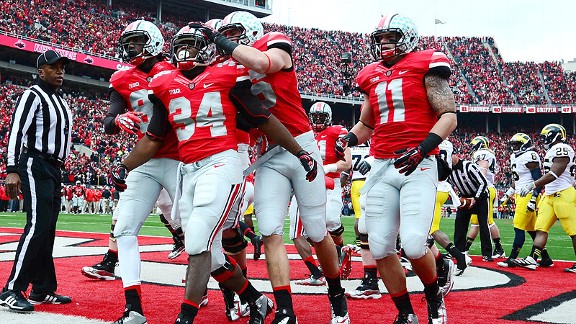After a cautious and rigorous analysis of national malpractice claims, Johns Hopkins patient safety researchers estimate that a surgeon in the United States leaves a foreign object such as a sponge or a towel inside a patient’s body after an operation 39 times a week, performs the wrong procedure on a patient 20 times a week and operates on the wrong body site 20 times a week.The numbers seem quite high, but it's hard to argue with the methodology of using historical information from the National Practitioner Data Bank. And one can assume that even these results underestimate the true problem; not all patients sue for retained sponges or wrong site surgeries. It truly is mind boggling to me, a practicing general surgeon, that we are leaving foreign bodies inside patients to the extent of 39 times a week.
The researchers, reporting online in the journal Surgery, say they estimate that 80,000 of these so-called "never events" occurred in American hospitals between 1990 and 2010 - and believe their estimates are likely on the low side
It's unacceptable, of course. And in this era of the Timeout, pre-operative marking of the surgical site, and Checklists, hopefully future outcomes will not be so alarming.





